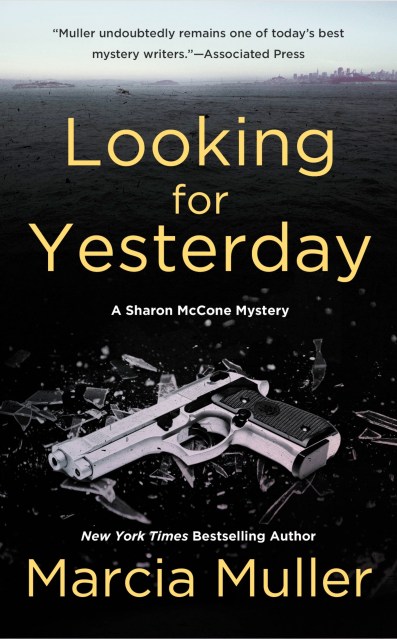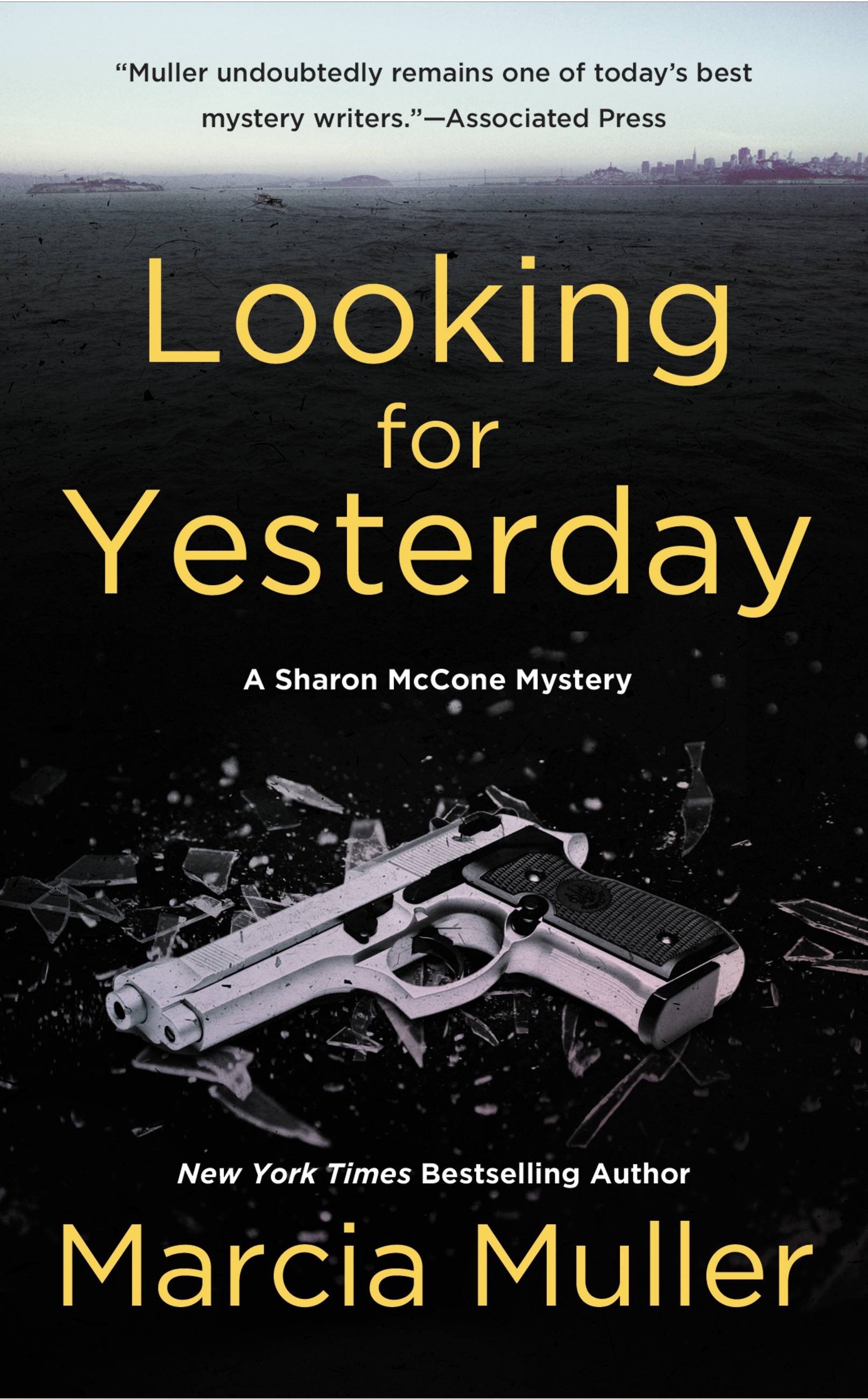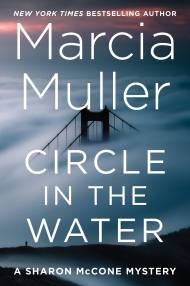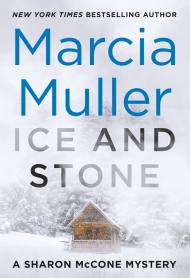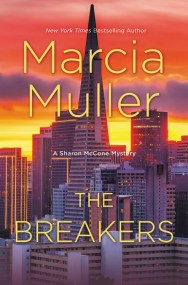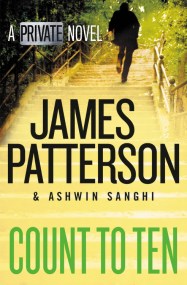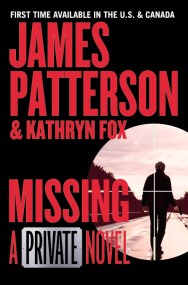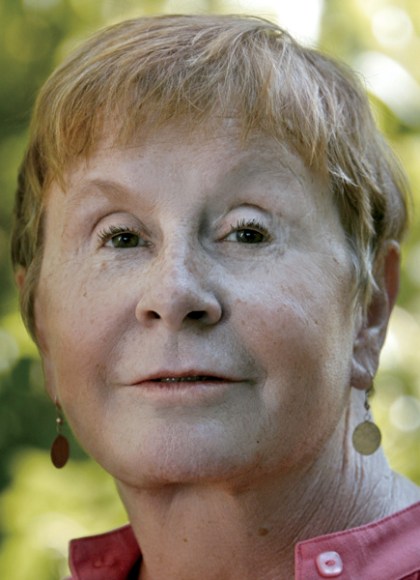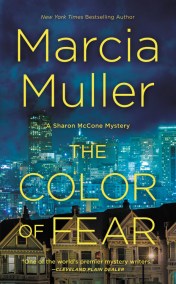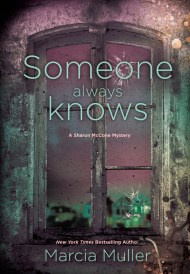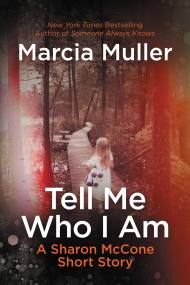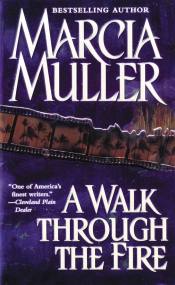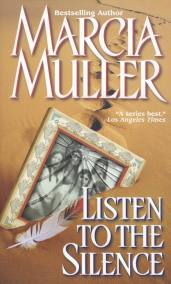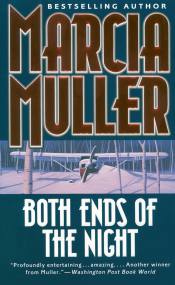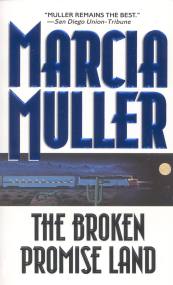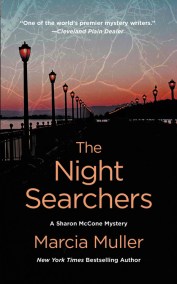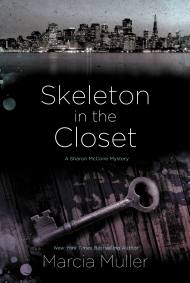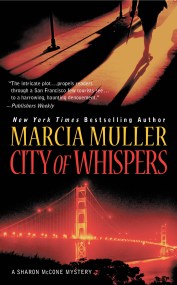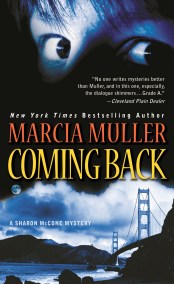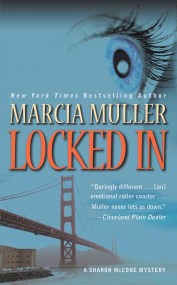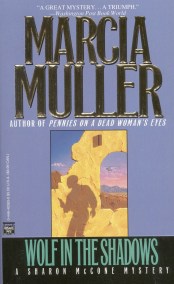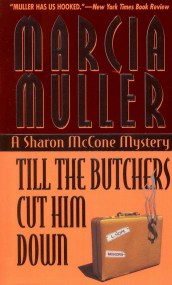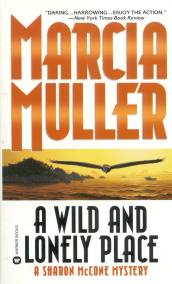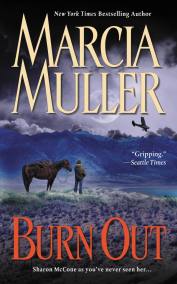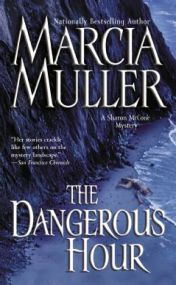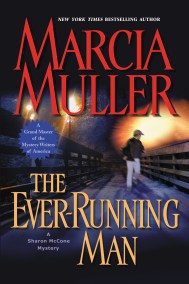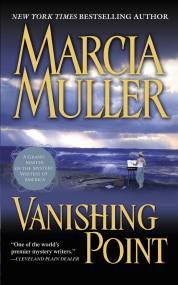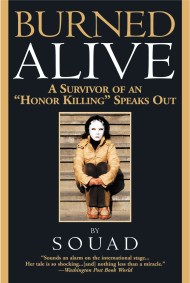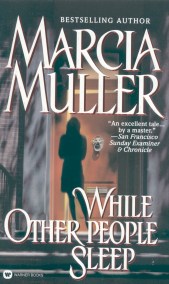Promotion
Use code MOM24 for 20% off site wide + free shipping over $45
Looking for Yesterday
Contributors
Formats and Prices
Price
$9.00Price
$10.00 CADFormat
Format:
- Mass Market $9.00 $10.00 CAD
- ebook $8.99 $11.99 CAD
This item is a preorder. Your payment method will be charged immediately, and the product is expected to ship on or around September 24, 2013. This date is subject to change due to shipping delays beyond our control.
Also available from:
New York Times bestselling author, Marcia Muller, brings you another thrilling mystery with her famous private investigator, Sharon McCone.
Three years ago, Caro Warrick was acquitted for the murder of her best friend Amelia Bettencourt, but the lingering doubts of everyone around Caro are affecting her life. Sharon McCone is confident that she can succeed where other detectives have failed (though at times it's hard to shake her own misgivings about what happened), but when Caro is brutally beaten right at Sharon's doorstep, the investigation takes on a whole new course. How many more people remain at risk until Amelia's murderer is finally caught?
Three years ago, Caro Warrick was acquitted for the murder of her best friend Amelia Bettencourt, but the lingering doubts of everyone around Caro are affecting her life. Sharon McCone is confident that she can succeed where other detectives have failed (though at times it's hard to shake her own misgivings about what happened), but when Caro is brutally beaten right at Sharon's doorstep, the investigation takes on a whole new course. How many more people remain at risk until Amelia's murderer is finally caught?
Genre:
- On Sale
- Sep 24, 2013
- Page Count
- 304 pages
- Publisher
- Grand Central Publishing
- ISBN-13
- 9780446573368
Newsletter Signup
By clicking ‘Sign Up,’ I acknowledge that I have read and agree to Hachette Book Group’s Privacy Policy and Terms of Use
